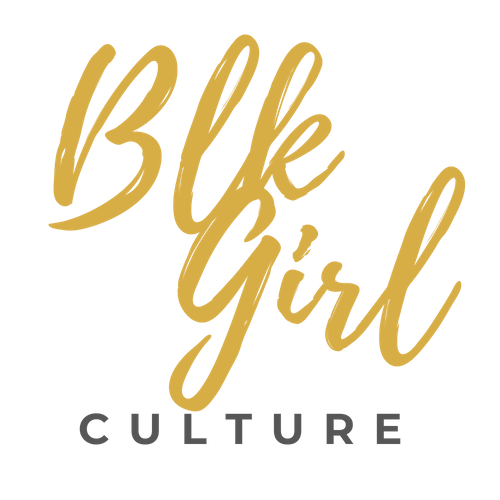What To Do When You're the Toxic Friend
Realizing you’ve been a “bad” friend or toxic in any relationship can be a place of shame, embarrassment and leave you standing in need of some serious soul searching.
Have you been here before? Many times? Is it something you try not to remember? It’s definitely not a fun spot to find yourself in life.
Accepting that you need to change your behavior and patterns because they’ve done damage to your relationships can be a hard pill to swallow. And if you’re like me (well the former me), the thought of not being a good friend is something you resist because well, ego. You resist the reality of being wrong. You try to rationalize your actions or believe people should be more understanding of why you've behaved poorly.
First of all: you’re not alone. I can attest to being in this place and I’ve witnessed this lesson unfold for a number of close girlfriends. I’ve felt the shame, faced it, and allowed it to accelerate my maturity as a grown woman. But it was difficult AF and forced me to seriously examine the kind of friend, and even further the kind of person, I want to be.
Here are some tips I’ve acquired along the way:
Humility.
As human beings, we are all prone to the desires of our ego. The need to be right can be fatal for friendships, particularly when it comes to resolving any problems that arise, as they naturally do. I’ve learned that sometimes it’s best to take a minute (or day) to cool off if necessary. Sometimes our emotions cloud our judgment and our words don’t reflect how we truly feel. It’s also helpful to keep in mind that the person you’re arguing with is still someone you ultimately care about and just because you’re angry doesn’t mean the love has disappeared.
Take a minute. Cool off. Then try re-approaching the conversation. And in all of this, try to remember being wrong in an instance does not reflect on you as a whole. It simply means you’re human. Changing our perspective on being wrong and owning up to our mistakes can make a huge difference in the health of any relationship and it’s the ability to survive hard times.
Get to the root of the problem and if necessary, ask for help.
Via Giphy
Did you read that and cringe? That’s OK. It’s still a challenge for many black women to ask for any kind of help since so many of us believe we have to be strong at all times. I’m here to tell you, Sis: You are not weak for needing help. That is a harmful, unhealthy fallacy that will ultimately destroy your relationships and you in the process.
Recently I “lost” a 20+ year friendship that in hindsight, I realized some of my behavior contributed to its demise. Was I the only person wrong in this equation? Nope. But all I could do was take accountability for my actions. And in examining my behavior I realized I needed to change the way I handled some of the trauma in both my past and present. It was spilling into my relationships into my friendships in ways I hadn’t intended (or realized) but now that I did, it had to change. That also took some serious conversations with my therapist who both pointed out where I could improve as well as where I was not wrong for feeling betrayed. Therapy is an excellent resource that can offer a balanced and unbiased view of your problems, then guide you into healthy solutions to use going forward.
Acknowledge and apologize.
This might be the hardest part of this process: extending an olive branch and verbally acknowledging you were wrong.
Via Giphy
The first step towards healing is always acknowledgment that there’s been some wrongdoing. And if you’ve been on the receiving end of that, then you likely know what I mean about the relief it brings. Most people want to be seen and understood, especially in times of conflict. Friends are no different and in fact, we should be even more aware of acknowledging their pain and views. Apologizing is a vulnerable and uncomfortable place, yes, but it could be thee golden factor that end’s up saving your friendship.
Let go of the past and move forward.
Via Giphy
You’ll notice all of these tips are framed from a forward-thinking perspective and that’s because that’s truly the only way to do better. We can analyze and re-analyze the past forever. But what good does that do you? My suggestion is to take the lesson, sit with it, and then gently let it go.
Holding onto old wounds do little but stop them from healing. Be intentional about and committed to being a better woman in the future, in all of your relationships, and move forward in strength.






